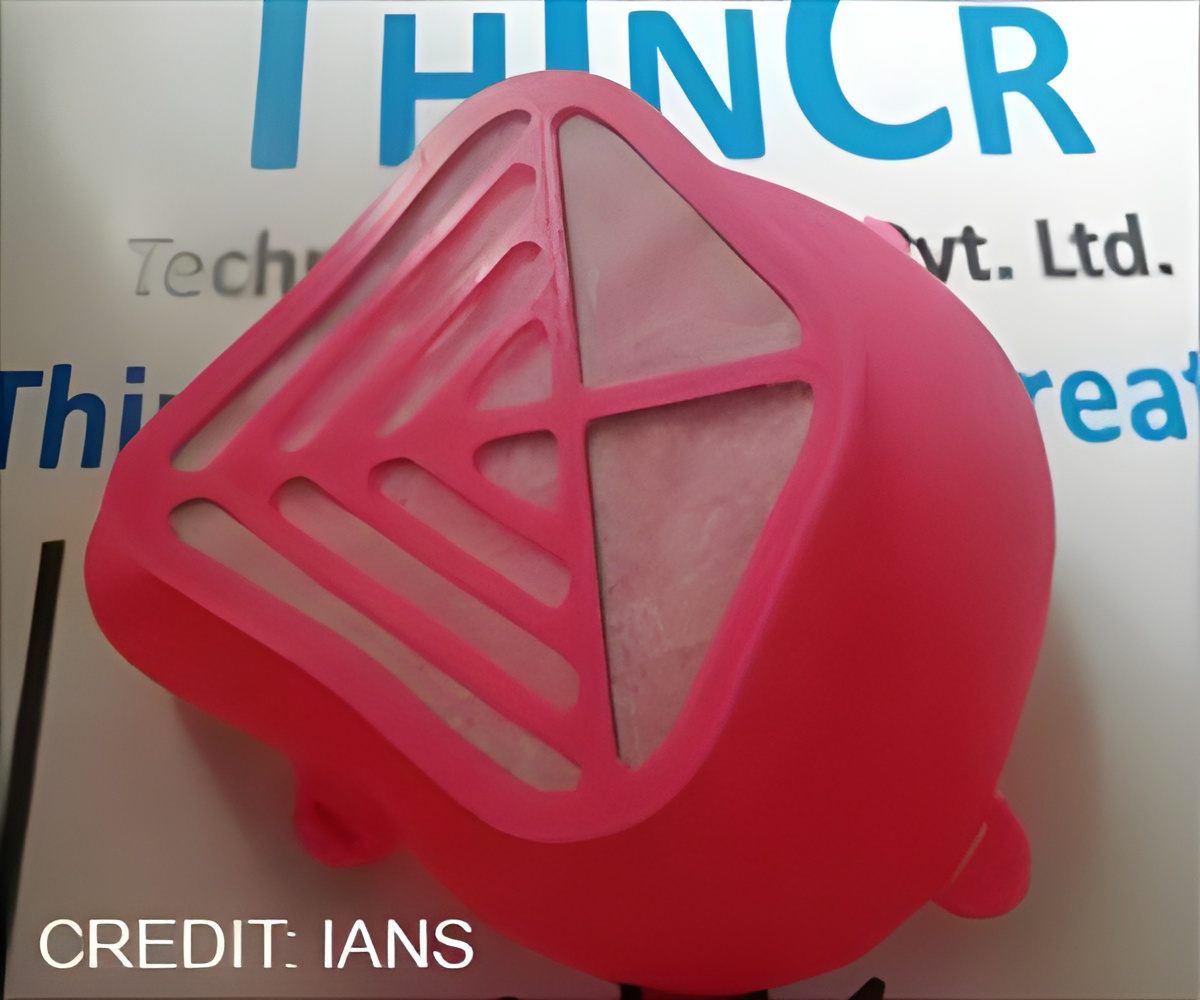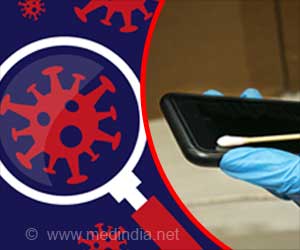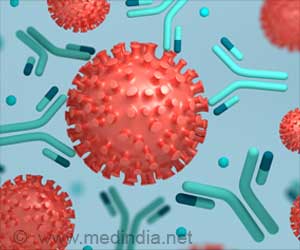The novel sensor technology that can be used in clothes and face masks detects COVID-19 and a variety of pathogens.

In a new study reported in Nature Biotechnology, the researchers show that the sensors can be incorporated into not only face masks but also clothing such as lab coats, offering a new way to monitor health care workers' exposure to a variety of pathogens or other threats.
"We've demonstrated that we can freeze-dry a broad range of synthetic biology sensors to detect viral or bacterial nucleic acids, as well as toxic chemicals, including nerve toxins. We envision that this platform could enable next-generation wearable biosensors for first responders, health care personnel, and military personnel," says James Collins, the Termeer Professor of Medical Engineering and Science in MIT's Institute for Medical Engineering and Science (IMES) and Department of Biological Engineering and the senior author of the study.
The face mask sensors are designed so that they can be activated by the wearer when they're ready to perform the test, and the results are only displayed on the inside of the mask, for user privacy.
Earlier studies have shown that proteins and nucleic acids that react to specific target molecules could be embedded into paper to create paper diagnostics for the Ebola and Zika viruses.
Another cell-free sensor system, known as SHERLOCK, based on CRISPR enzymes allows highly sensitive detection of nucleic acids.
Advertisement
To make wearable sensors, the researchers embedded these freeze-dried components into a small section of synthetic fabric surrounded by a ring of silicone elastomer to prevent the sample from evaporating or diffusing away from the sensor.
Advertisement
To produce a diagnostic face mask for COVID-19, researchers embedded freeze-dried SHERLOCK sensors inside the mask to detect viral particles in the breath of the person wearing the mask.
The mask also includes a small reservoir of water that is released at the push of a button when the wearer is ready to perform the test.
This hydrates the freeze-dried components of the SARS-CoV-2 sensor, which analyzes accumulated breath droplets on the inside of the mask and produces a result within 90 minutes.
"This test is as sensitive as the gold standard, highly sensitive PCR tests, but it's as fast as the antigen tests that are used for quick analysis of Covid-19," Nguyen says.
The researchers have filed for a patent and they are now hoping to work with a company to further develop the sensors. The face mask is the most advanced prototype to be first application that can be made available as marketed product.
Source-Medindia














